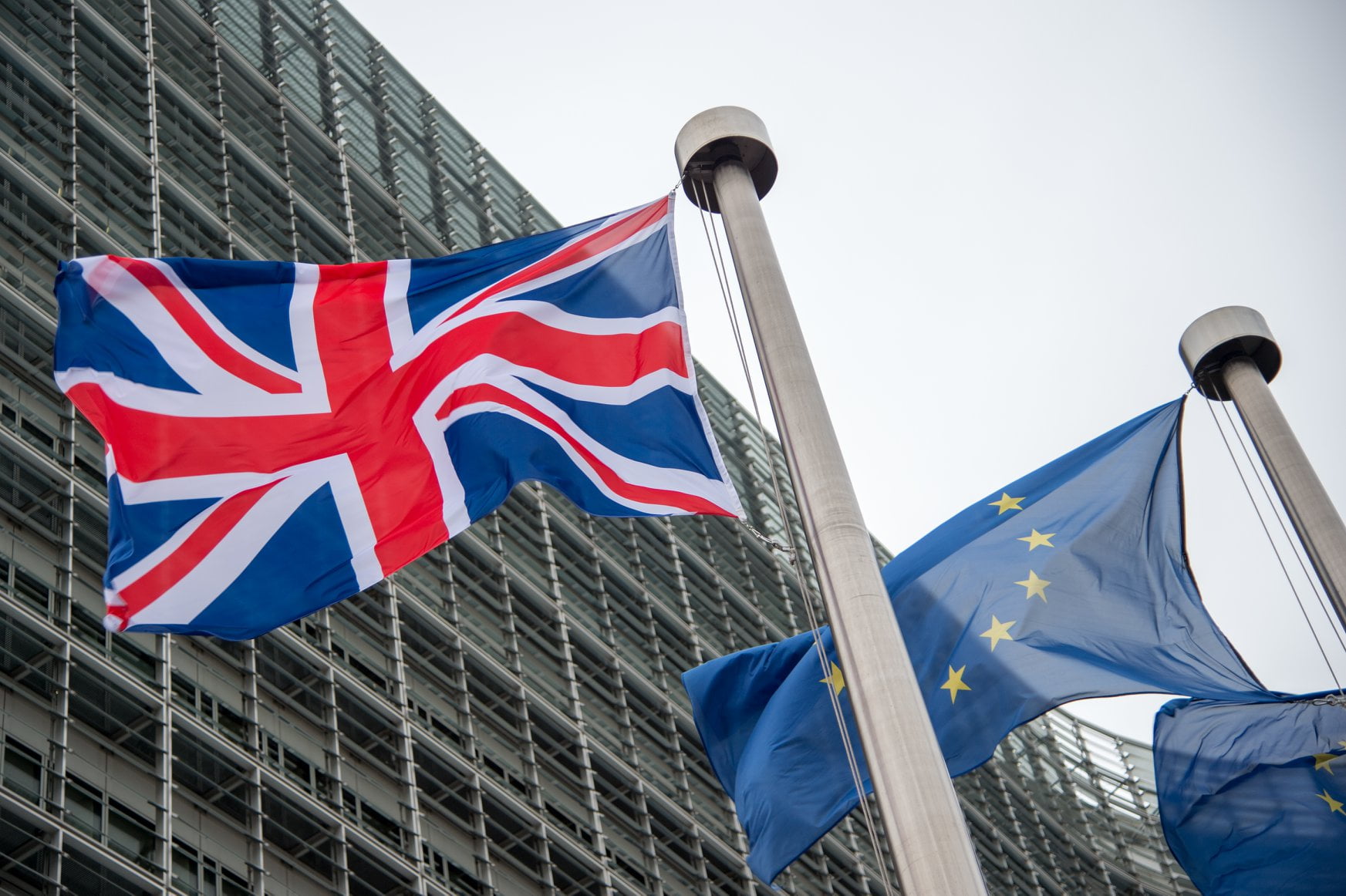This marks the beginning of a formal infringement process against the United Kingdom. It has one month to reply to today’s letter. Brussels had warned Prime Minister Boris Johnson on multiple occasions that it would “not be shy” in taking legal action if he went ahead with the bill. The European Commission had given the British government until the end of September to withdraw the controversial provisions from its Internal Market Bill.
The EU has launched legal action against the UK after Boris Johnson failed to respond to Brussels’ demand that he drop legislation that would overwrite the withdrawal agreement and break international law. Ursula von der Leyen, the European commission president, announced that the UK had been put on formal notice over the internal market bill tabled by the prime minister last month. It came as EU officials downplayed hopes that the ongoing trade and security talks were closing in on solutions to the most contentious issues, The Guardian reported.
Earlier this month, the UK government tabled a Bill (‘United Kingdom Internal Market Bill’) that, if adopted, would flagrantly violate the Protocol on Ireland / Northern Ireland, as it would allow the UK authorities to disregard the legal effect of the Protocol’s substantive provisions under the Withdrawal Agreement. According to the European Commission representatives of the UK government have acknowledged this violation, stating that its purpose was to allow it to depart in a permanent way from the obligations stemming from the Protocol. The UK government has failed to withdraw the contentious parts of the Bill, despite requests by the European Union.
The European Commission had given the British government until the end of September to withdraw the controversial provisions from its Internal Market Bill, which it unveiled earlier this month. “The deadline lapsed yesterday. The problematic provisions have not been removed,” Commission chief Ursula von der Leyen said in a short address on Thursday. The Commission has “decided to send a letter of formal notice to the UK government — this is the first step in an infringement procedure,” she added. The UK government, which has one month to reply to the Commission’s letter, reiterated in a statement on Thursday that its bill is designed to “create a legal safety net to protect the integrity of the UK’s internal market.” Brussels had warned Prime Minister Boris Johnson on multiple occasions that it would “not be shy” in taking legal action if he went ahead with the bill, according to Euronews.
Nancy Pelosi, Speaker of the United States House of Representatives, has also warned that Britain will be unable to secure a trade deal with the US if it does anything to undermine the treaty that brought peace to Northern Ireland after decades of violence.
The move, though dramatic, was expected in London. The government had previously admitted that its Internal Market Bill would breach the treaty and break international law in a “very specific and limited way.” The government claims that the bill is a safety net to ensure seamless trade between the four nations of the United Kingdom in the event of a no deal Brexit at the end of this year and hopes it won’t have to use the legislation. The backdrop to all of this is that trade talks between London and Brussels are entering their final phase. The last formal round of talks are talking place right now and an EU summit will take place on October 15, where negotiators hope a deal will be on the table for EU leaders to approve, CNN wrote.
The UK has until the end of this month to submit its observations to the letter of formal notice. After examining these observations, or if no observations have been submitted, the Commission may, if appropriate, decide to issue a Reasoned Opinion.
It is interesting to note that JP Morgan Chase & Co is reportedly set to move $234bn (£184bn) assets from the United Kingdom to Germany as a result of Britain’s exit from the European Union. While the type of assets being moved was not specified, similar transferals usually include cash and financial securities like stocks and bonds. The US banking giant plans to finish the migration of the assets to a Frankfurt-based subsidiary by the end of this year. Also, JPMorgan is set to pay nearly $1 billion to settle with US authorities investigating whether the bank manipulated the metals and Treasury markets.






